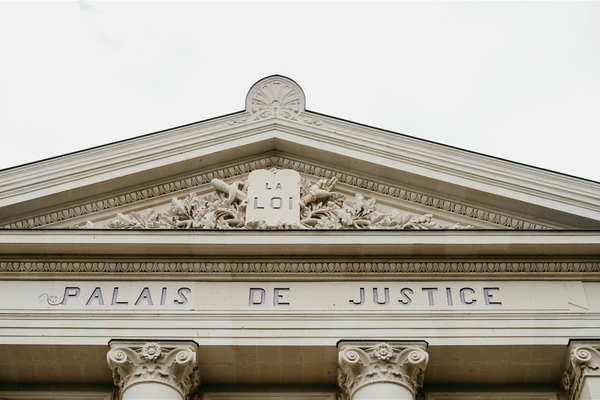Latest News
The latest news from France Tax Law.
10 December 2025
A Complete Guide to Frais de Notaire & Stamp Duty Changes
Read More

30 October 2025
How to Use a Notaire for Wills & Estate Planning in France
Read More

10 October 2025
Understanding France’s Wealth Tax for Expats: Liability, Exemptions, and Planning
Read More
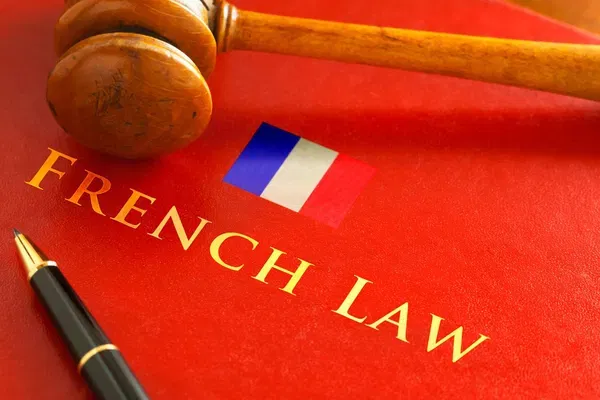
5 March 2025
Post-Brexit Changes That Property Owners in France Need to Know
Read More
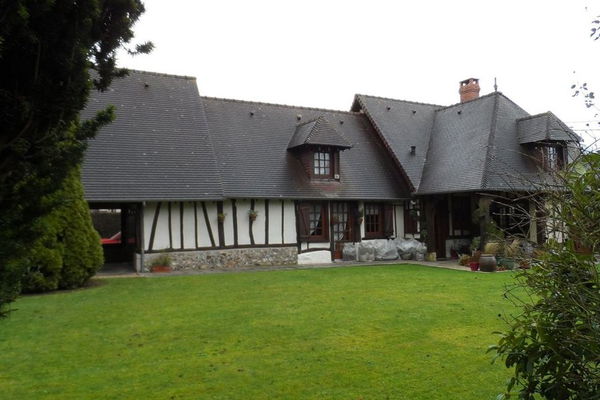
20 February 2025
A Guide to French Wills for Expats and Property Owners
Read More

20 February 2025
Buying Property in France as a UK Expat: 2025 Guide
Read More

15 January 2025
French Inheritance Law
Read More

8 January 2025
How French Law Differs from UK Law
Read More
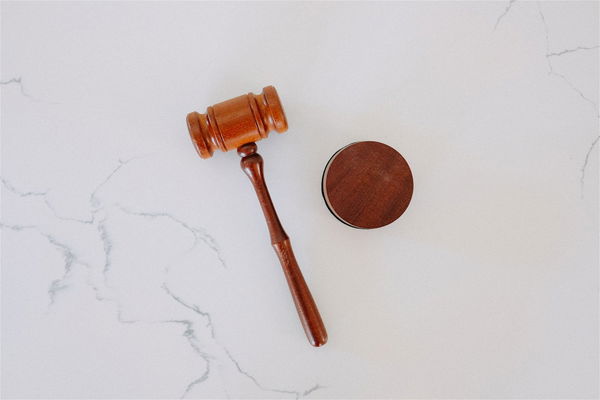
1 January 2025
What Is French Wealth Tax? A Guide To IFI
Read More

7 November 2024
The Impact of French Tax Law Changes on Expatriates: An In-Depth Analysis
Read More

1 November 2024
Buying Property In France As A Foreigner
Read More

15 October 2024
French Inheritance and Tax Laws: Simplified
Read More
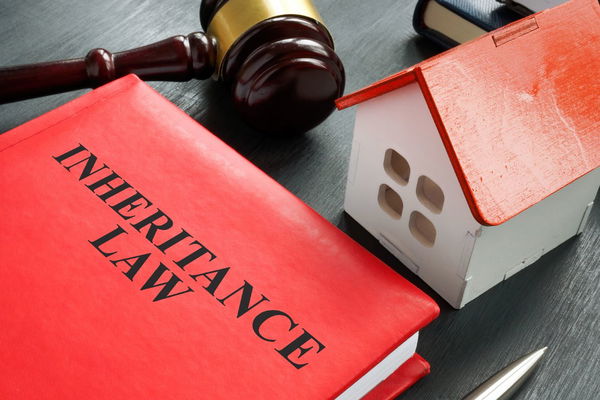
15 October 2024
Business and Corporate Law in France: Key Concepts
Read More

15 October 2024
Brexit and French Law: Ongoing Implications for UK Expats
Read More

15 October 2024
French Property Law: Insider Tips for Foreign Investors
Read More

15 October 2024
Navigating French Legal Proceedings
Read More
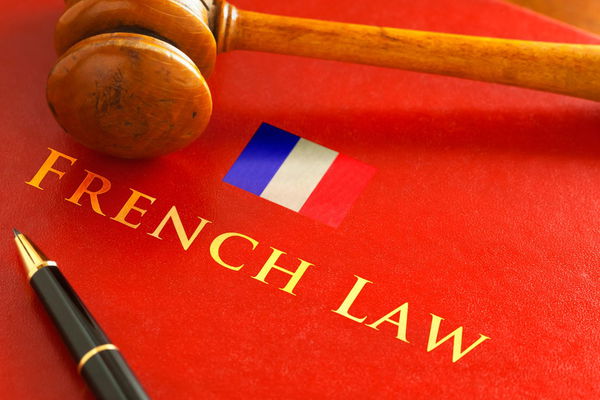
11 October 2024
Renting Property in France: Legal Advice for UK Expats
Read More

11 October 2024
French Law in the Digital Age: How New Technologies are Shaping Legal Practices
Read More

13 September 2024
French Legal System Explained: What UK Expats Need to Know
Read More

31 May 2024
Decoding French Legal Reforms: What International Businesses Need to Know
Read More

31 May 2024
Tax Compliance for UK Expats in France: Avoiding Common Pitfalls
Read More

10 May 2024
Property Law in France: A Solicitor's Guide
Read More
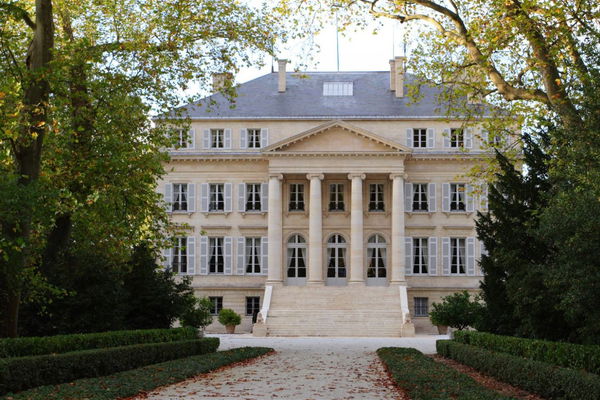
10 May 2024
Writing a Will in France: A Step-by-Step Guide for UK Nationals
Read More

5 April 2024
Navigating French Civil Law: A Guide for Professionals
Read More

5 April 2024
Changes in French Inheritance Law: What UK Expats Need to Know in 2024
Read More

5 April 2024
Divorce In France: A Guide For UK Expats
Read More

5 April 2024
French Family Law Explained: Marriage, Divorce, and Custody
Read More

12 March 2024
Declaring Taxes in France as a Non-Resident
Read More

12 March 2024
Navigating French Property Law: Essential Guide for UK Expats
Read More
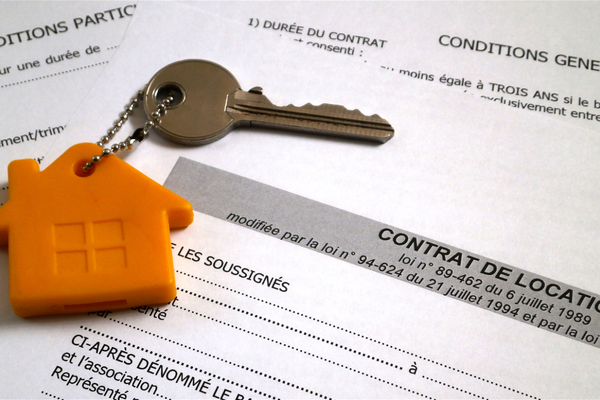
12 March 2024
Introduction to the French Legal System: Understanding the Basics
Read More
